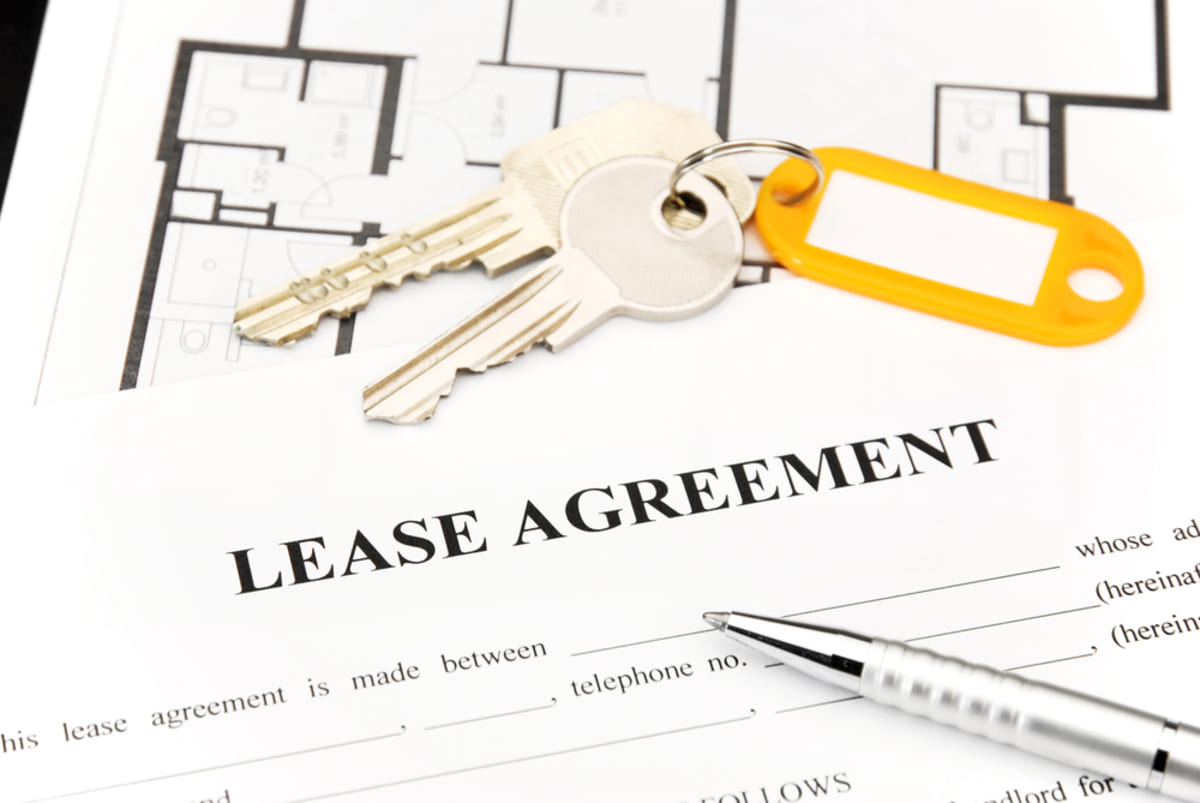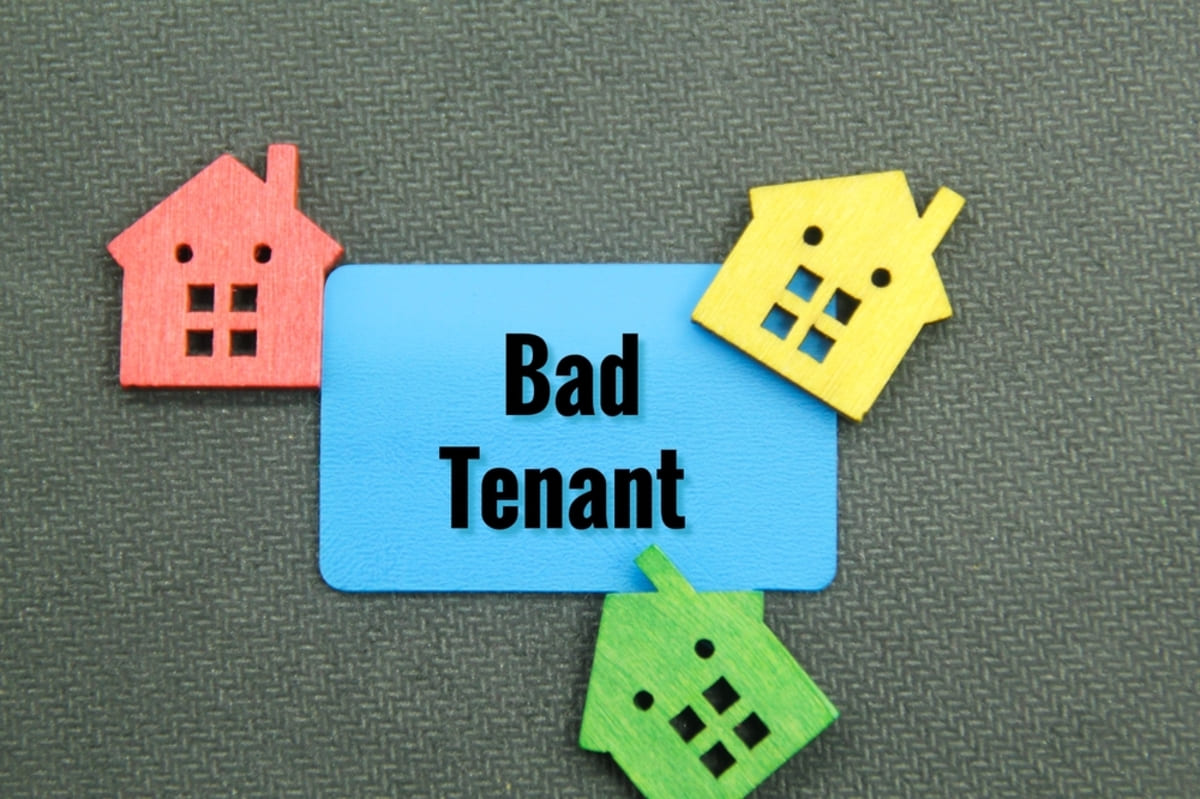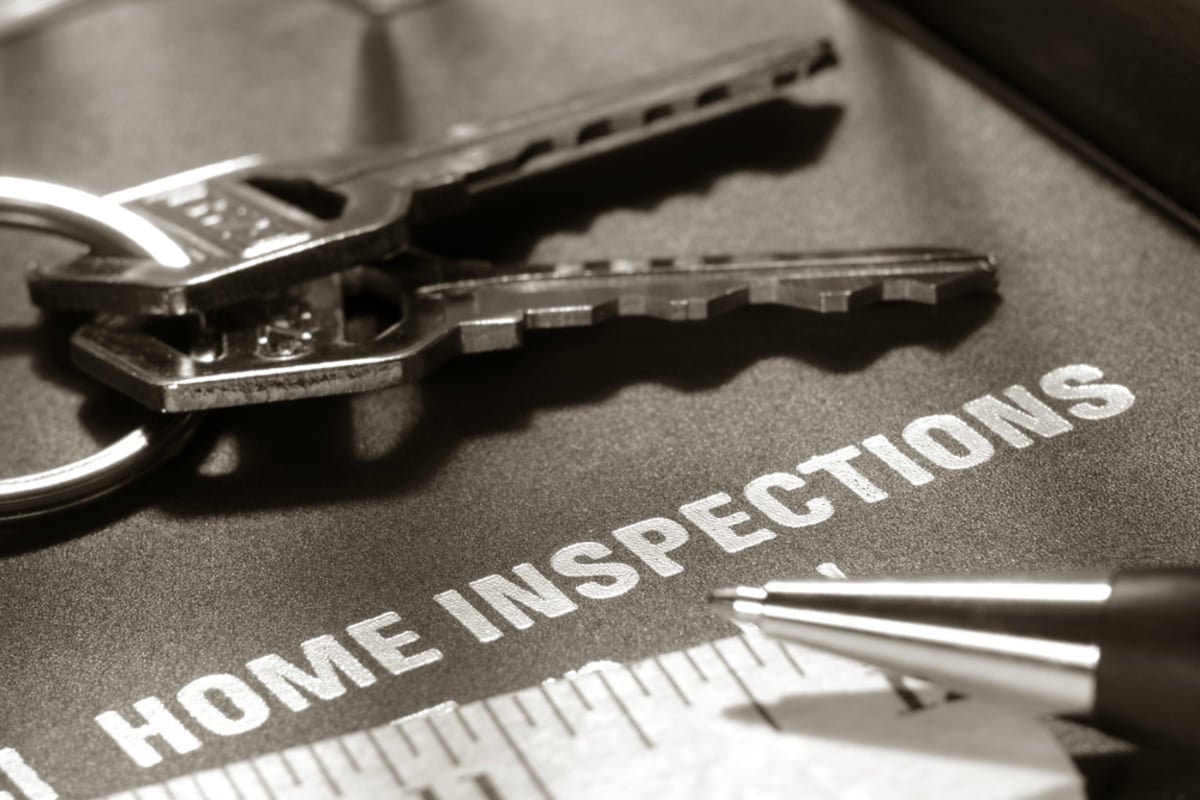As a property owner, your rental property is undoubtedly one of your most significant investments. It represents a financial asset and a source of stability and security.
However, acknowledging that a bad tenant can quickly turn this dream scenario into a nightmare for any landlord. From unpaid rent to property damage and legal battles, dealing with a problematic tenant can be incredibly stressful and time-consuming.
That is why finding reliable and trustworthy tenants should be a top priority for any property owner, as it ensures a harmonious and profitable landlord-tenant relationship in the long run.
So, keep reading to discover the actual cost of a bad tenant, how to avoid them, and how property management can help you.
Lost Rent
One of the most evident and significant costs associated with having a bad tenant is the loss of rent. When dealing with such tenants, it is not uncommon for them to either consistently delay rent payments or completely avoid paying altogether.
As a result, you are left with an empty unit and no income to offset your expenses.
However, you can reduce the likelihood of encountering such issues by implementing a rigorous screening process that includes thorough background checks and contacting multiple references.
Property Damage
Tenants who are careless or negligent can cause significant damage to your property. This includes inflicting stubborn stains on carpets and walls, breaking delicate tiles, damaging doors and windows, and even causing structural harm.
It's not uncommon for these damages to extend beyond the surface level, affecting the overall integrity of the property.
While most landlords require tenants to deposit a security deposit, it often falls short of covering the extent of the damage caused. In some cases, the damage costs can far exceed the security deposit amount, leaving landlords with additional financial burdens and unexpected expenses.
This emphasizes the importance of thorough tenant screening and regular property inspections to identify and address potential issues before they escalate.
Long Turnover Time
Bad tenants can be a major headache for landlords, causing inconvenience and significant financial setbacks. When a tenant decides to vacate a property, it often entails thorough cleaning, necessary maintenance, and potential repairs before the unit can be rented out again.
Dealing with problematic tenants can intensify these challenges, resulting in longer turnover time. This extended period without rental income can lead to substantial financial losses, straining your cash flow.
Moreover, the more time and resources you invest in preparing the property for the next tenant, the higher your expenses soar.
By addressing these issues promptly and effectively, landlords can minimize turnover times and mitigate the negative impacts of bad tenants on their rental business.
How to Avoid Long Turnover Time
As a landlord, effective strategies reducing turnover times can significantly impact your rental business's success and profitability.
This section will dive into practical methods to preemptively address tenant-related issues and, in the process, mitigate the risk of extended turnover times.
Conduct Tenant Screenings
Screening potential tenants involves conducting comprehensive background checks and meticulously verifying references. While it may be time-intensive, this thorough approach is crucial in ensuring that you find reliable and responsible individuals who will take care of your property and fulfill tenant obligations.
By delving into their rental history, employment status, and creditworthiness, you can make informed decisions that minimize the risk of future issues and ensure a positive renting experience for both parties involved.
Proactive Maintenance Tasks
Implementing proactive maintenance practices, such as conducting regular inspections and promptly addressing any maintenance issues that arise, can significantly contribute to preserving and enhancing the property's condition.
By ensuring that repairs and maintenance tasks are attended to, property owners can create a safe and comfortable environment for tenants, leading to increased tenant satisfaction and attracting high-quality occupants who value the well-maintained property.
Rental Property Marketing
Effective marketing techniques are vital in reducing the time and costs involved in the turnover process. Utilizing various platforms, such as online listings, social media, and local advertising, can help increase exposure and reach a wider pool of potential tenants.
Employing professional photography and well-crafted property descriptions can also enhance the appeal of your property and attract more inquiries.
 Implementing a Clear Lease Agreement
Implementing a Clear Lease Agreement
Clear lease agreements are essential tools in minimizing long turnover times. They set the foundation for the landlord and tenant relationship, defining roles, responsibilities, and expectations clearly.
When tenants understand what is expected of them regarding rent payment, property maintenance, and the terms of their lease period, misunderstandings and conflicts are reduced.
Furthermore, a comprehensive lease agreement can outline the penalties for breaking lease terms, which may dissuade tenants from acting irresponsibly or vacating the property prematurely.
This can help maintain continuity in occupancy, therefore avoiding the costly and time-consuming process of preparing the property for a new tenant.
Legal Fees
In some unfortunate cases, dealing with the worst tenants can escalate to the point where landlords have no choice but to resort to legal action. This can involve filing eviction notices, attending court hearings, and ultimately seeking a judgment for the removal of the tenant.
However, taking legal action comes with its own set of challenges and financial burdens.
Landlords may need to hire an attorney specializing in landlord-tenant disputes, which can be costly.
Navigating the court system can be time-consuming and may require multiple appearances. As a result, the expenses associated with legal proceedings can easily surpass the rental income received, adding an extra layer of financial strain for landlords.
Reputation Damage
A problematic tenant can cause more than just tangible damage to your property. They can also have an impact on your reputation as a landlord, which can have far-reaching consequences.
Frequent complaints, disputes, and negative interactions with a troublesome tenant can reflect poorly on you as a landlord. These negative experiences can discourage potential tenants from considering your property in the future, leading to longer vacancy periods and directly impacting your rental income.
In today's digital age, where online reviews and ratings hold significant weight, a single negative review from a disgruntled tenant can linger online and cause lasting harm to your rental business. It's essential to recognize that the perception of your property and your reputation can be greatly influenced by these reviews.
To maintain a positive reputation, it is crucial to ensure positive tenant interactions and swiftly address any issues that arise.
This proactive approach will minimize the impact of problematic tenants and demonstrate your commitment to providing a high-quality rental experience.
Emotional Toll
As a landlord, dealing with the wrong tenant can be an incredibly stressful and emotionally draining experience. It can consume your thoughts as you constantly worry about the possibility of not receiving your rent and fear the daunting process of eviction.
The financial implications of having a non-paying tenant can add to your stress, affecting your ability to cover your own expenses.
It's a situation that requires careful consideration and proactive measures to protect your investment and maintain your peace of mind.
 Hire a Property Management Company
Hire a Property Management Company
A practical solution to the problems outlined above is hiring a professional property management company. This not only mitigates the risks associated with bad tenants but can also significantly ease the burden on landlords.
A property management company takes on the responsibilities of tenant screening, property maintenance, rent collection, and even legal issues. Their expertise in handling all aspects of property management can help ensure that your rental business operates smoothly.
Furthermore, relying on a professional property management company can free up your time, allowing you to focus on other aspects of your life or business.
While there is a cost involved in hiring such a service, the benefits can far outweigh the costs, making it a worthy investment for landlords keen on minimizing risk and maximizing returns on their rental properties.
Work With Charleston, SC Property Management to Avoid Difficult Tenants and Eliminate Stress
As we've seen, the costs of bad tenants can add up quickly. From lost rent to physical property damage, legal proceedings to reputational damage, and emotional stress.
Working with a property management company can help ensure that your tenants are thoroughly vetted, managed effectively, and most importantly, protect your property investment's value.
Charleston Property Company offers comprehensive property management services designed to alleviate the many challenges landlords face. With their rigorous tenant screening process, they filter out potential problem tenants, ensuring only reliable and responsible individuals occupy your property.
By entrusting your property to Charleston Property Company, you can rest assured that your investment is in capable hands, giving you the peace of mind and freedom to focus on other aspects of your life or business.
For additional guidance, download our free Tenant Screening Checklist today!


 Implementing a Clear Lease Agreement
Implementing a Clear Lease Agreement Hire a Property Management Company
Hire a Property Management Company





